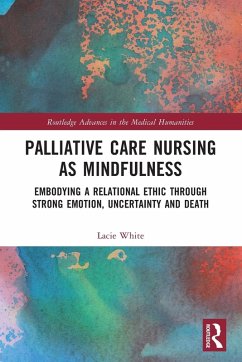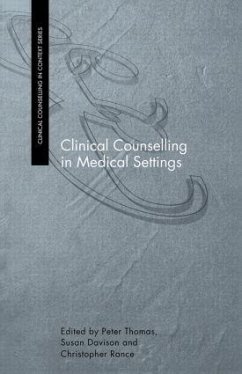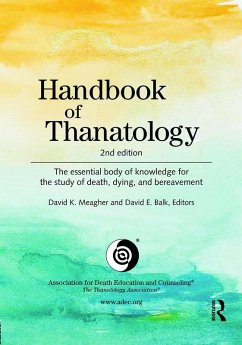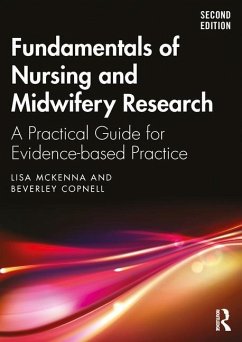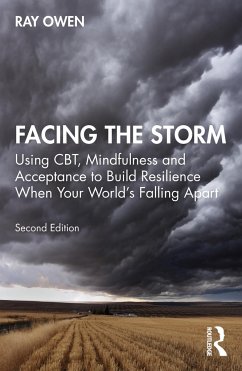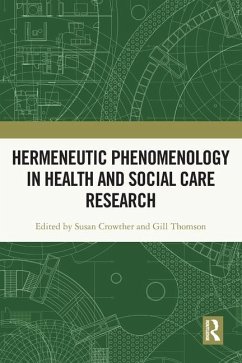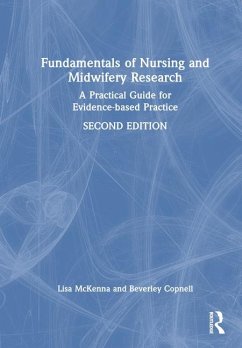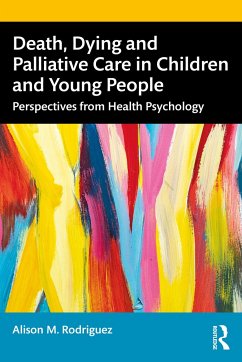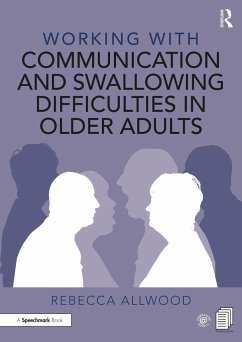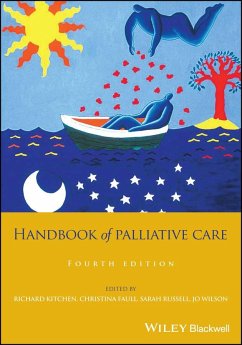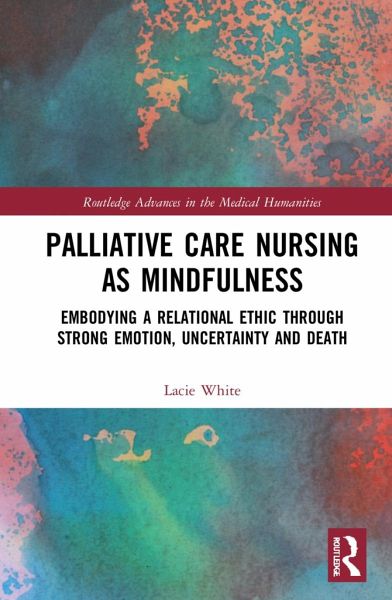
Palliative Care Nursing as Mindfulness
Embodying a Relational Ethic through Strong Emotion, Uncertainty and Death
Versandkostenfrei!
Versandfertig in 6-10 Tagen
154,99 €
inkl. MwSt.
Weitere Ausgaben:

PAYBACK Punkte
77 °P sammeln!
As nurses, we hear about mindfulness all the time, but what does that actually mean in practice? In this book readers are invited into conversation to explore how mindfulness influences palliative care nurses' approaches to caring for themselves and others through experiences of living-dying.Under the guise of stress reduction and self-care, the assumption often made is that mindfulness can smooth out difficult experiences. Instead, the objective of this inquiry is not to bypass the practice of caring in those spaces that are really hard, but to understand how nurses are working directly withi...
As nurses, we hear about mindfulness all the time, but what does that actually mean in practice? In this book readers are invited into conversation to explore how mindfulness influences palliative care nurses' approaches to caring for themselves and others through experiences of living-dying.
Under the guise of stress reduction and self-care, the assumption often made is that mindfulness can smooth out difficult experiences. Instead, the objective of this inquiry is not to bypass the practice of caring in those spaces that are really hard, but to understand how nurses are working directly within them. Calling out from the shadows-and our bodies-the intensity of palliative care nursing practice arises. In this text, a dialogue unfolds of nurses caring in deeply meaningful practice environments while searching for ground that is perpetually shifting, uncertain, and fraught with suffering and strong emotion. Integrating literature across nursing, sociology, and contemplative scholarship, evocative stories from palliative care nurses lead in this conversation-their words in italics-showing how they are guided into action through connection with-in their bodies. At other times, stories show how nurses are taking pause and drawing on various somatic practices to unravel entanglements that touch on their own humanity. These stories also offer insight into how systemic forces, across educational and organizational institutions, are either enhancing or constraining the way nurses engage mindfulness as a relationally embodied ethic of care. This insightful volume is not a how-to guide, rather it is a timely resource exploring approaches for palliative care nurses to care for themselves and others with mindfulness and compassion.
Those seeking nuanced perspectives, particularly in relation to embodying mindfulness through suffering and strong emotion, will be drawn to this text. Qualitative researchers studying emotionally sensitive topics may also find inspiration in the narrative, arts-based, and embodied methods that shape this inquiry.
Under the guise of stress reduction and self-care, the assumption often made is that mindfulness can smooth out difficult experiences. Instead, the objective of this inquiry is not to bypass the practice of caring in those spaces that are really hard, but to understand how nurses are working directly within them. Calling out from the shadows-and our bodies-the intensity of palliative care nursing practice arises. In this text, a dialogue unfolds of nurses caring in deeply meaningful practice environments while searching for ground that is perpetually shifting, uncertain, and fraught with suffering and strong emotion. Integrating literature across nursing, sociology, and contemplative scholarship, evocative stories from palliative care nurses lead in this conversation-their words in italics-showing how they are guided into action through connection with-in their bodies. At other times, stories show how nurses are taking pause and drawing on various somatic practices to unravel entanglements that touch on their own humanity. These stories also offer insight into how systemic forces, across educational and organizational institutions, are either enhancing or constraining the way nurses engage mindfulness as a relationally embodied ethic of care. This insightful volume is not a how-to guide, rather it is a timely resource exploring approaches for palliative care nurses to care for themselves and others with mindfulness and compassion.
Those seeking nuanced perspectives, particularly in relation to embodying mindfulness through suffering and strong emotion, will be drawn to this text. Qualitative researchers studying emotionally sensitive topics may also find inspiration in the narrative, arts-based, and embodied methods that shape this inquiry.




